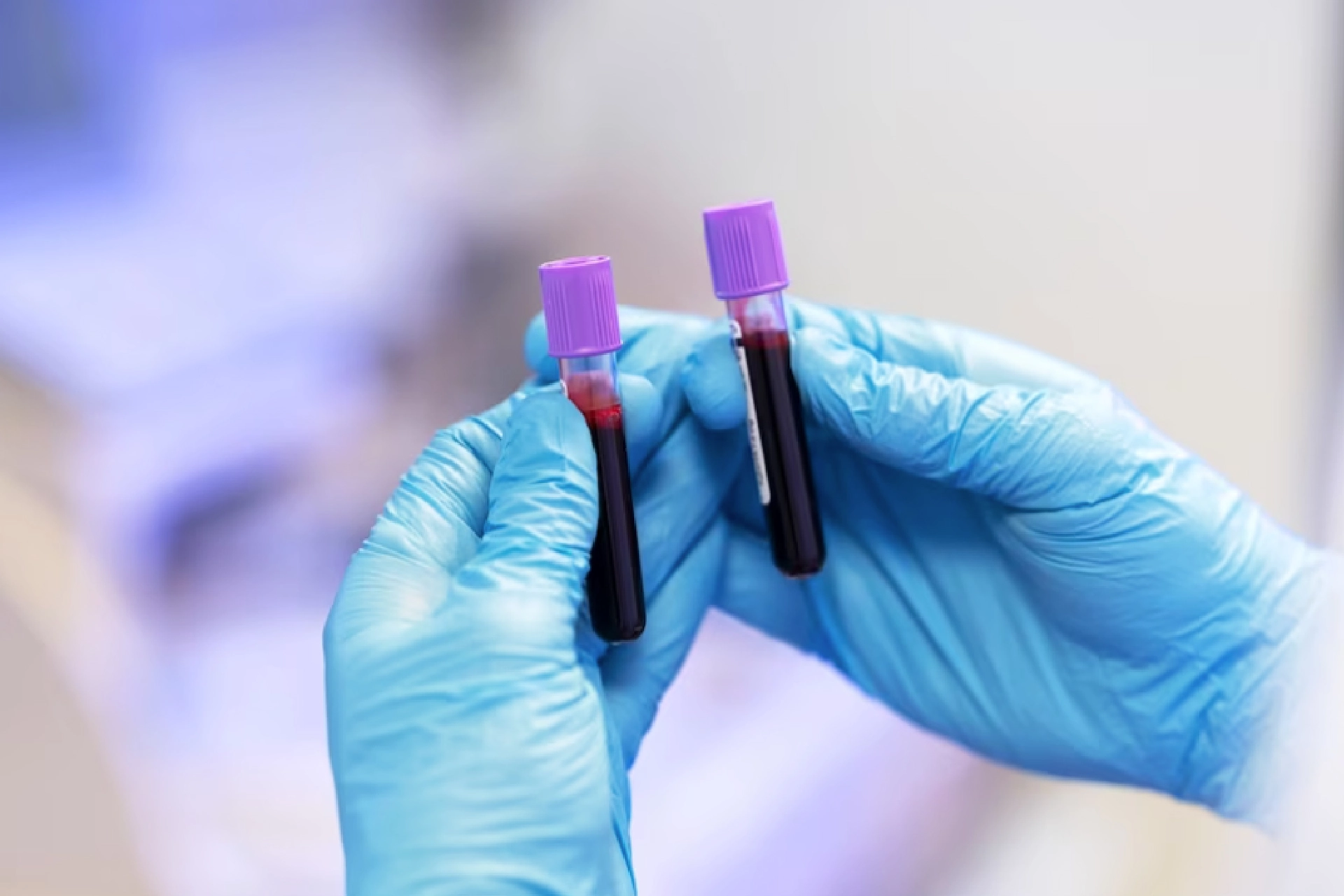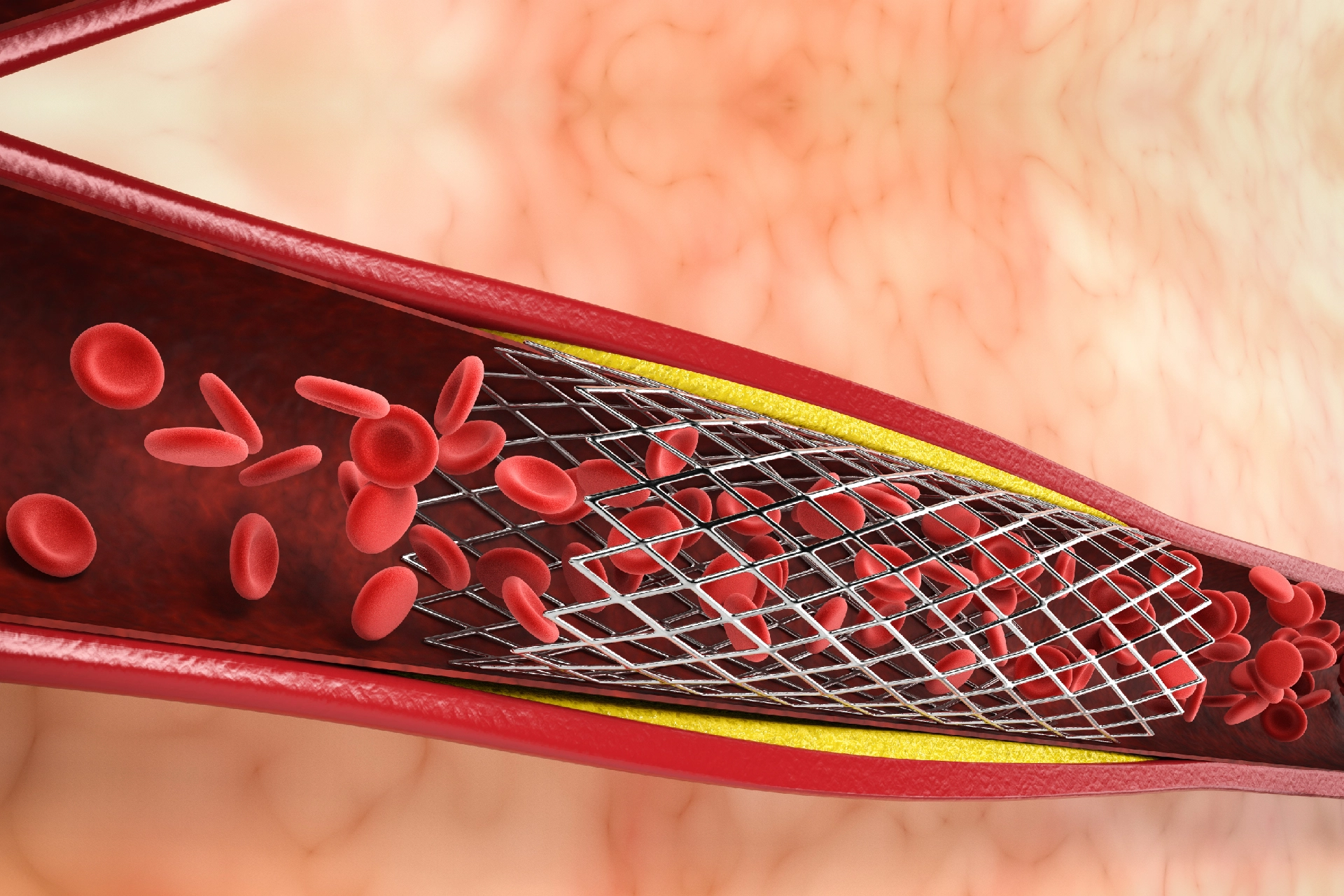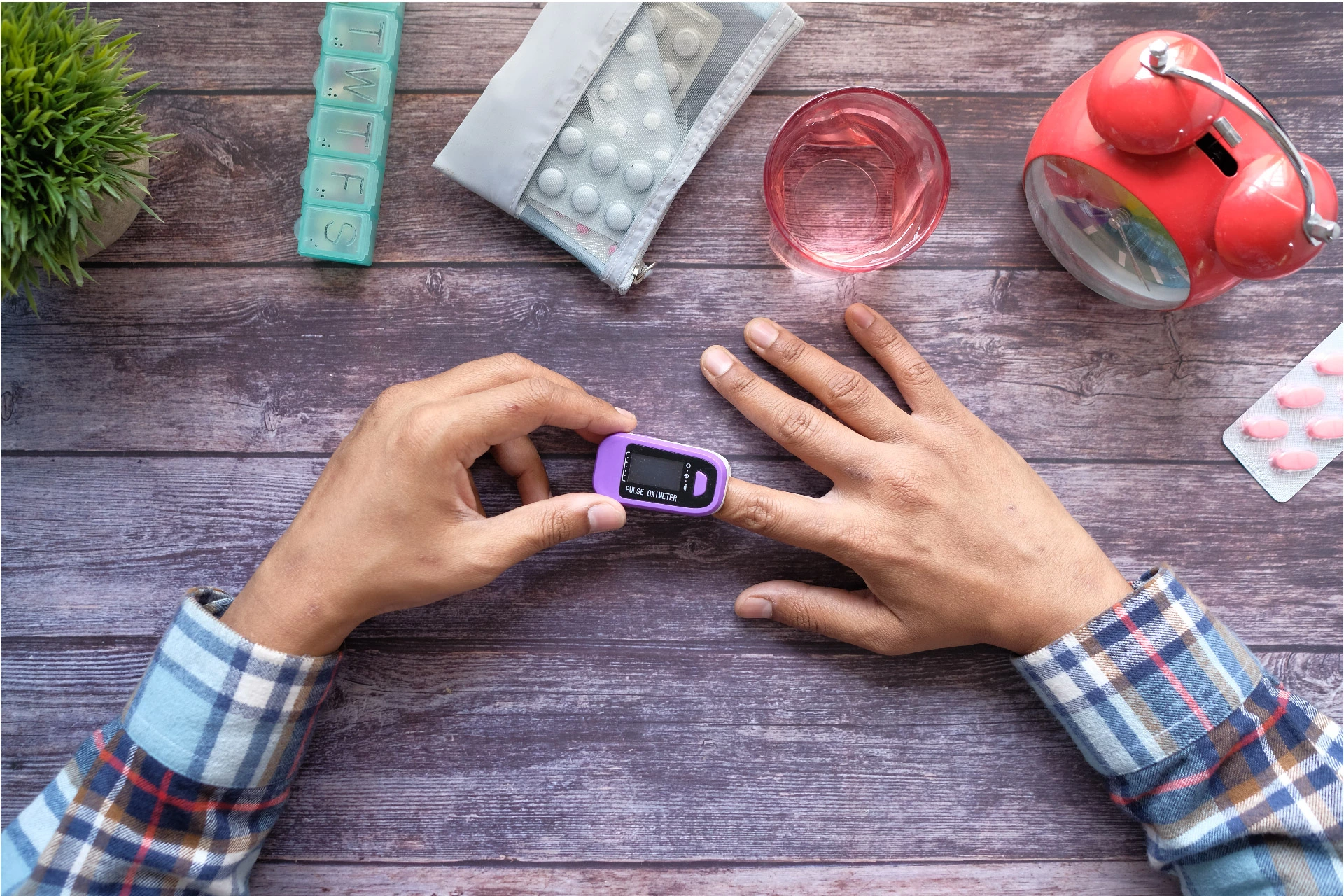Health Tests | 5 min read
Detect and Diagnose COVID-19 with an Efficient RT PCR Test
Medically reviewed by
Table of Content
Key Takeaways
- An RT PCR test can detect the viral genome of the SARS-CoV-2 virus
- It works by amplifying the RNA into DNA to detect the virus
- It is possible to test positive and still be an asymptomatic carrier
An RT PCR test is a globally recognized standard procedure to evaluate whether you have been infected by the COVID-19 virus. Experts recommend the RT PCR swab test as the most accurate diagnostic COVID test. Nowadays, you can even get this test done at home. Apart from being accurate, it is also quite efficient and you can get your test report in just 8 hours. In most cases, you can also receive your RT PCR test report online.
To learn more about the functions of this test and how to interpret the RT PCR test report, read on.
What is a PCR test for COVID?
A PCR is a polymerase chain reaction test. This test works to detect the genetic material of a specific organism, like a virus. At the time of administering the test, if the virus is present, the PCR test can detect it. In fact, it is sensitive enough to detect virus fragments as well. So even after your infection has abated, a PCR test can still identify whether you were infected or not.How does the RT PCR test detect COVID?
An RT PCR test is a type of PCR test. In this test, the process goes a step further. Here, there is reverse transcription of RNA to DNA. RT PCR, hence, stands for a reverse transcription-polymerase chain reaction. The PCR test detects pathogens and organisms that already have DNA. Certain pathogens do not contain DNA. For these, RNA needs to be ‘transcribed’, and amplified into DNA. Once this is done, the test is carried out.
Additional Read: Your Comprehensive Guide to the COVID-19 Virus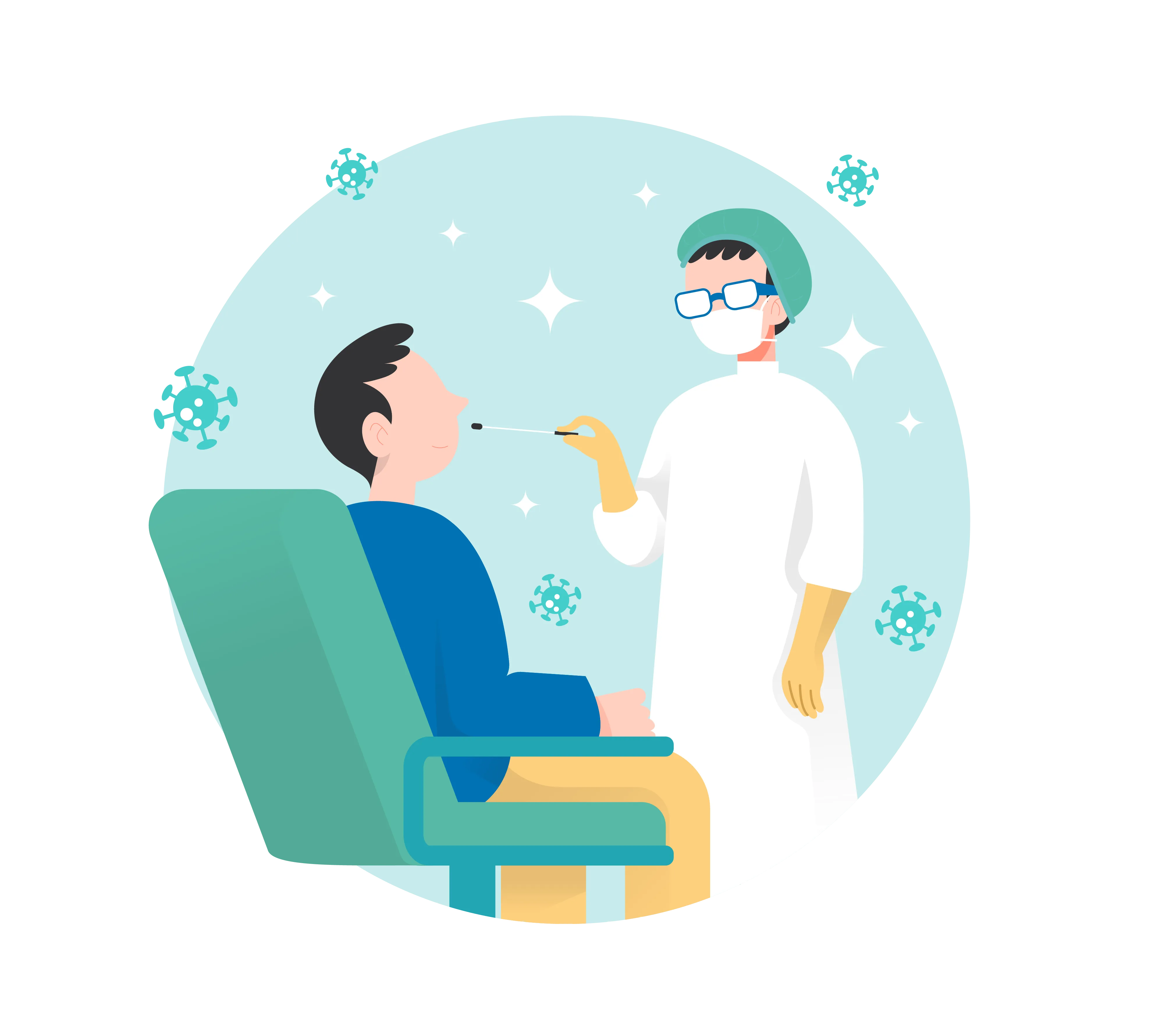
For COVID-19, the RT PCR test looks for the causative virus. This is the SARS-CoV-2 virus. The test specifically looks for the presence of genetic material, or RNA, of the SARS-CoV-2 virus in your respiratory system. The specimens are amplified in order to turn RNA into DNA. Once a certain amount of DNA has been reached, the test will show whether or not the SARS-CoV-2 virus is present. If it is, the person will test positive for COVID-19. So, the positive RT PCR test means that you are likely to be carrying the SARS-CoV-2 virus.
Why is an RT PCR test done?
The RT PCR test is an authorized test for COVID-19 globally. It has been authorized since February 2020, i.e. since the COVID-19 pandemic started in most countries. It is mainly recommended if people:
- Show symptoms of SARS-CoV-2 virus
- Have been exposed to others who have tested positive or shown symptoms
- Have traveled domestically or internationally

Who should take an RT PCR test?
Here are some of the common COVID-19 infection symptoms of a :
- Fever
- Chills
- Cough
- Runny nose
- Loss of smell or taste
- Fatigue
- Nausea / vomiting / diarrhea
- Body ache
- Headache
- Sore throat
- Shortness of breath
- Difficulty breathing
If someone is dealing with any combination or number of these symptoms, they will most likely be asked to do an RTPCR test to help detect the SARS-CoV-2 virus.
Additional Read: 6 Crucial Breathing Exercises for a COVID Survivor to Increase Lung Capacity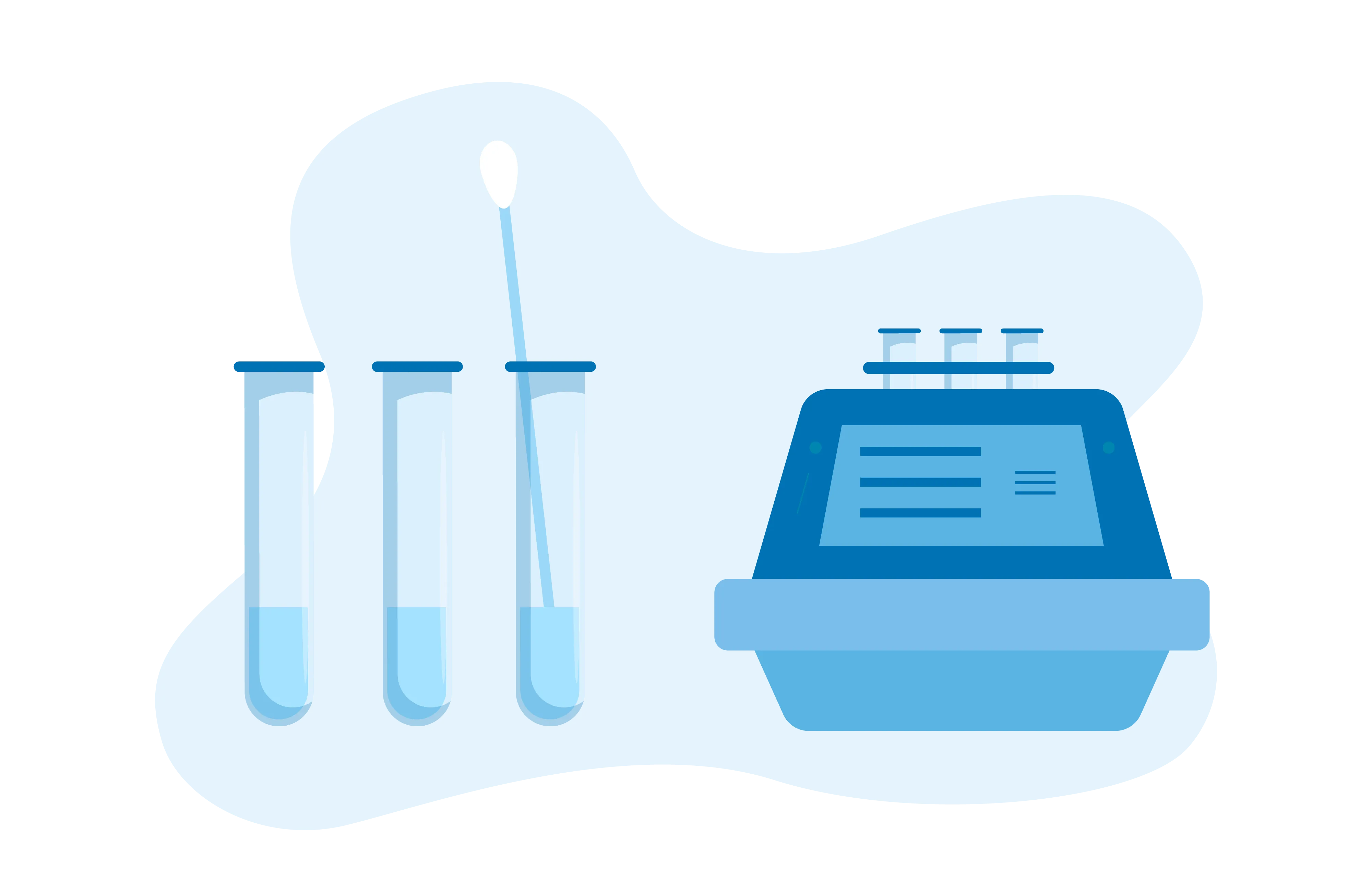
How can we interpret an RT PCR test report?
If an RT PCR test report comes back positive, it means that the person is likely to be infected with the SARS-CoV-2 virus. The RT PCR test is a molecular diagnostic test, and can identify symptomatic as well as asymptomatic SARS-CoV-2 virus carriers [1]. In fact, the RTPCR test can detect an infection a week before the tested individual displays any outward signs of infection [2].
Hence, the RT PCR test is currently the definitive test to identify whether or not someone has been infected with the SARS-CoV-2 virus. They may be asymptomatic, or the symptoms may not have shown up yet. If mild symptoms occur, rest and recovery at home is possible. If it worsens, one must contact their doctor immediately.
If your test result comes back negative, it means that your sample did not show any signs of the genome of the SARS-CoV-2 virus. It is unlikely, but possible, that you can still be infected and have COVID-19, even if your test was negative. This may be due to being infected very recently, or the test being done too late. Plus, a negative test only means you have tested negative for that point in time when the sample was taken. You still run the risk of getting infected in the future.
Whether you show symptoms or just want to be on the safer side before traveling or attending an event, you should take a test. It is easy to book a health test on Bajaj Finserv Health. Simply look for RTPCR test near me and find the nearest lab. In fact, some may even collect the sample from the comfort of your home. You can even use the site’s filters to specify if you want results quickly, or get your RT PCR report online. Get the best care on Bajaj Finserv Health and be an active part of your well-being.
References
- https://www.ncbi.nlm.nih.gov/pmc/articles/PMC7406419/
- https://www.ncbi.nlm.nih.gov/pubmed/32374370
Disclaimer
Please note that this article is solely meant for informational purposes and Bajaj Finserv Health Limited (“BFHL”) does not shoulder any responsibility of the views/advice/information expressed/given by the writer/reviewer/originator. This article should not be considered as a substitute for any medical advice, diagnosis or treatment. Always consult with your trusted physician/qualified healthcare professional to evaluate your medical condition. The above article has been reviewed by a qualified doctor and BFHL is not responsible for any damages for any information or services provided by any third party.

